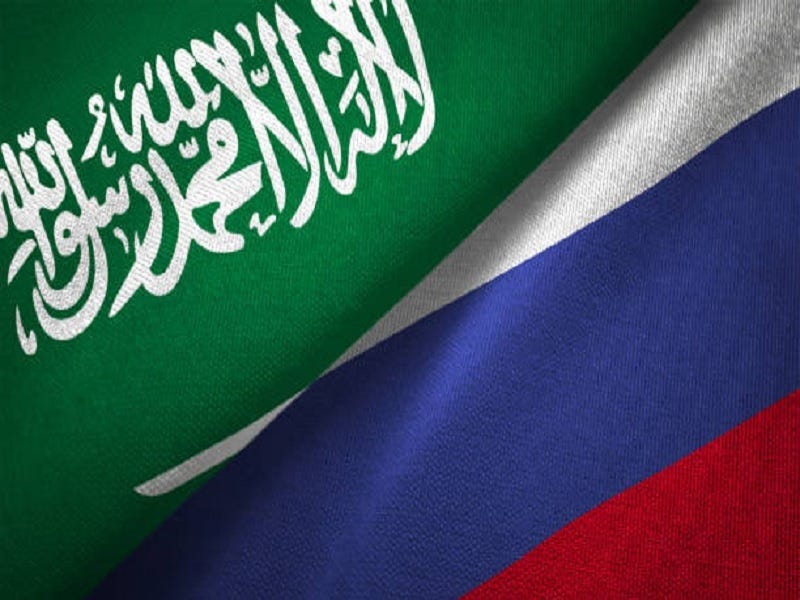The White House Is Wrong: The US Is No Longer Dominant In West Asia
West Asia has successfully come to occupy a prominent place in Russia’s Greater Eurasian Partnership exactly as was predicted nearly two and a half years ago, with this trend showing no signs of being “arrested” or “reversed” unlike what an unnamed White House official told the media on Friday had allegedly happened over the past 18 months.
An unnamed White House official told the media on Friday that West Asia’s prior shift towards the dual Russian-Chinese engines of multipolarity “has been arrested and, in many instances, very specific instances – not all which I can talk about – reversed” since Biden came into office. This dramatic claim came while the American leader was still on his first presidential trip to the region, during which time he met with Saudi officials like Crown Prince Mohammed Bin Salman (MBS). Prior to his visit, Biden penned an op-ed for the Washington Post explaining that one of the reasons why he was traveling to the Kingdom was to contain Russia and China, yet no such outcome occurred by the time he left.
To the contrary, he achieved nothing of tangible significance by going there. In fact, BRICS President Purnima Anand told Russian media last Thursday that Saudi Arabia was one of several West Asian countries that plan to join the organization next year alongside Egypt and Turkey, which would be a major blow to American prestige in the region. Not only that, but it was also reported around the same time that Saudi Arabia more than doubled the amount of Russian fuel that it imported in the second quarter, which it allegedly used to feed its power stations so that it would have more of its own fuel to export to others.
Another objectively existing and easily verifiable fact contradicting that unnamed White House official’s claim occurred when Saudi Foreign Minister al-Jubeir told CNBC that his country’s ties with China and the US aren’t mutually exclusive, which proudly showcased its newfound multipolar foreign policy that’s been practiced ever since MBS’ rise over the past half-decade. The Kingdom refused to jump on America’s anti-Chinese bandwagon to extend credence to the false claims that Beijing’s carrying out a so-called “genocide” in Xinjiang and it continues to closely cooperate with Russia on the oil market, not to mention that it also hasn’t sanctioned Moscow either despite considerable pressure from the US.
A few months after MBS became Crown Prince in June 2017, his father King Salman visited Moscow in October and became the first Saudi leader to ever do so. It thenceforth became clear that “Saudi Arabia’s Grand Strategy Is Shifting”, especially after the visit resulted in Russia exporting state-of-the-art rocket launchers to the Kingdom approximately 18 months later and discussing other military-technical opportunities. Furthermore, they eventually created what’s now known as the OPEC+ platform for managing the global oil market, which remains in effect despite some observers previously predicting that it was bound to fail. All of this speaks to the Saudi leadership’s commitment to multipolarity.
Other examples abound across the West Asian region proving that the unnamed White House official who spoke to the media last Friday was either woefully uninformed of events or deliberately lying, with the de facto Russian-Israeli alliance (“Rusrael”) being another perfect case in point, especially after Tel Aviv rebuffed pressure from Washington to greenlight the delivery of jointly produced German anti-tank missiles to Kiev. All told, West Asia has successfully come to occupy a prominent place in Russia’s Greater Eurasian Partnership (GEP, which is its multipolar grand strategy) exactly as was predicted nearly two and a half years ago, with this trend showing no signs of being “arrested” or “reversed”.




